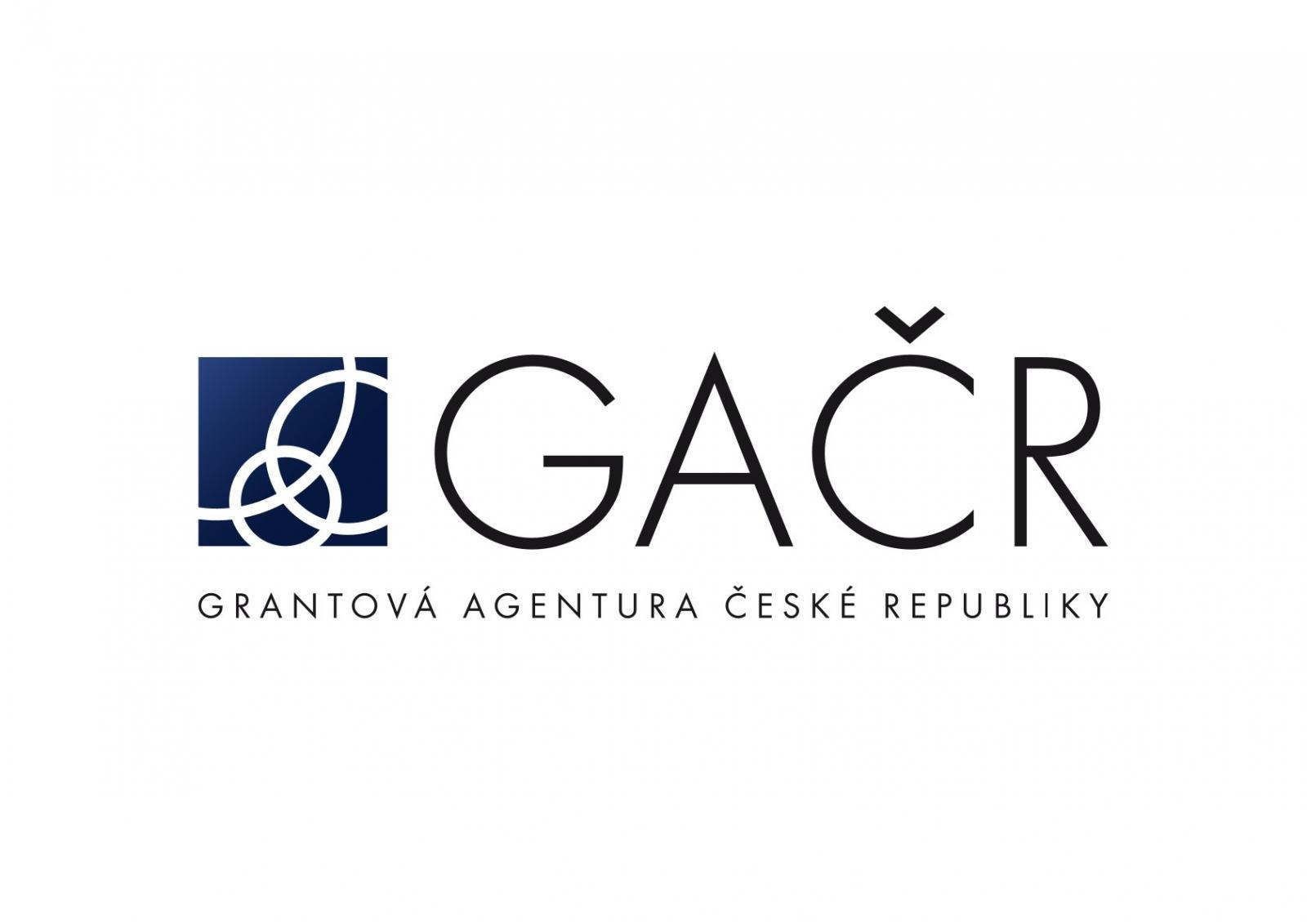News
Category: news
Day: 6 November 2025
Vojtěch Mrázek received the prestigious GA ČR JUNIOR STAR grant for outstanding early-career scientists
![[img]](https://www.fit.vut.cz/fit/news-file/d308493/IMG_0831_1600.jpg)
The Faculty of Information Technology at Brno University of Technology is set to receive a five-year grant and with it a significant financial subsidy for the research team. Vojtěch Mrázek from the Department of Computer Systems and his team have received support from the Czech Science Foundation in the form of a GA ČR Junior Star grant. This is an extraordinary achievement, as evidenced by the demanding selection process, in which only three teams from the field of technical sciences across the entire country were successful, and only one of them comes from BUT. Junior Star grants are intended for outstanding early-career scientists and researchers within eight years of obtaining their Ph.D. who have already published in prestigious international journals and have significant international experience. The grants are awarded by a jury composed exclusively of foreign researchers. The reward for the demanding selection process is worth it: thanks to a five-year project with the possibility of drawing up to CZK 25 million and without the need for additional funding from the parent institution, researchers have the opportunity to become scientifically independent, establish or support a research team, and bring new research topics to Czech science.
Research independence and student involvement
Vojtěch Mrázek himself confirms the above. "I greatly appreciate this project because it allows me to build a team, and without a team, it is not possible today given the complexity of the technologies. This is not a job for one person." The research team is therefore professionally complemented by Dr. Marcela Zachariášová and Ing. Martin Hurta. [M(1] Mrázek adds that the supported project will also allow the potential of the faculty's students to be utilized, whose knowledge of computer engineering is promising for the task. "Students should also participate in the team as part of their bachelor's and master's theses—these theses can approach the topic from a software perspective."
The winning project by Vojtěch Mrázek and his team, EvoML-EDA: Synergy of Evolutionary Algorithms and Advanced Machine Learning Algorithms for Digital Circuit Design, aims to combine the advantages of evolutionary electronic circuit design and advanced machine learning methods to improve chip design. Mrázek and his colleagues use evolutionary algorithms based on the principle of gradual unplanned changes leading to improved performance to design and optimize circuits. The disadvantage of these algorithms is that they are relatively time-consuming, but the reward is transformations that, when combined with machine learning algorithms, lead to their improvement. The influence of evolutionary algorithms and AI algorithms is mutual—evolutionary design algorithms also improve through interaction. The result is an increase in the efficiency of calculations and a related reduction in the energy consumption of computational operations. As Mrázek notes, this is a prerequisite for keeping pace with the ever-faster improvement of technologies and being able to make better use of them. Mrázek also points out that, given the length of the project, it is necessary to ensure that the resulting algorithms can also be applied to technological innovations that will begin to play a key role in the meantime. Specifically, he mentions quantum computing and related aspects of chip security.
Electronic Design Automation: a field in which we are strong
Imagining the entire chip design process is a challenge for the non-expert. Vojtěch Mrázek uses the image of three layers of the process to explain his research topic: "We have our own chip software architecture, e.g., for processing internet traffic or video, which are topics that other research groups at the faculty are working on. And then there is the level of chip technology, the 'construction' of hardware, which is the focus of FEKT, for example. And between them there is a layer called EDA, Electronic Design Automation." This "middle" layer can be thought of as the creation of software tools for the design of integrated electronic systems, in this case chips. "We are in the middle, straddling, figuratively speaking, between software and hardware. You can think of us as a translator between the hardware and software architecture of chips. My job is to ensure the most efficient and energy-efficient communication between these two levels. It is precisely in this area of the chip industry that FIT is successful, and Europe itself is also strong in this field." Mrázek points out that FIT VUT and the Evolvable Hardware research group are among the top ten in Europe in the field of Electronic Design Automation, as evidenced by the Computer Science Ranking database and as demonstrated by cooperation with foreign partners.
As for the project itself, Mrázek mentions the inspiration and valuable feedback he received from colleagues when putting together his proposal. Specifically, he mentions Prof. Lukáš Sekanina, Doc. Milan Češka, and Doc. Ondřej Lengál. He also appreciates the help of the faculty's Economic Department staff. He repeatedly points out that the project is by no means just his work, but a collective effort. A group of young researchers, doctoral students, and students will cover the entire research topic, ranging from algorithm design and circuit design to testability.
It should be added that Vojtěch Mrázek has had several major successes in the recent past. These are symbolically represented by the most prestigious Czech public award for science and research, the Česká hlava prize, which he received in 2019 for his research into intentional errors in integrated circuits.
An overview of other successful applicants and winning projects can be found on the official website of the GA ČR Junior Star grant competition.

